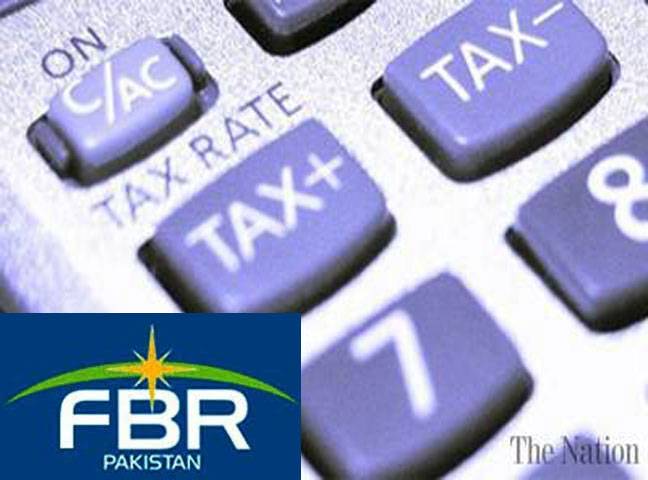ISLAMABAD - The government has decided to take a number of measures to streamline tax and revenue system that will facilitate the tax payers and improve overall collection, which is pivotal to revive the national economy.
As part of it, the Federal Board of Revenue (FBR) is set to launch a nationwide campaign to broaden the tax base. It includes door to door survey for collection of information to identify potential tax evaders. The step is expected to reduce the debt burden of the country in the medium term.
Also, the government is introducing policies to ease revenue collection through measures such as digitisation of tax collection. For it, the State Bank of Pakistan (SBP) and FBR have jointly introduced online collection through One-Link facility. The aim is to improve payment system to facilitate tax payers and minimise leakages.
The government is also restructuring FBR wherein the tax structure would be segregated between policy and collection. The purpose of proposed structure is to address any existing and potential conflict of interest.
This segregation would also help in better engagement of policy-makers with various stakeholders to devise business friendly taxation policies.
In this connection, FBR has also initiated a project of “Strengthening Tax System and Building Tax Policy Analysis Capacity” to support policy informed decisions in domestic revenue mobilisation. The project is aligned with the objective of government vision 2025.
The collection team, one the other hand, is expected to focus on enhancement of collection alone - without interfering in the taxation policies.
The finance ministry in Fiscal Policy Statement 2018-19 has said that the tax revenue grew by 7 percent in the first quarter (July to September 2018) with the comparable period last year. Tax revenue as a percentage of GDP remained at 2.5 percent to stand at Rs975 billion. FBR collections, which form major tax collection, stood at Rs832 billion.
The growth of around 12 percent in total expenditure outpaced the growth of 8 percent in total revenue, resulting in fiscal deficit of 1.4 percent of GDP during first quarter of 2018-19, which was slightly higher than 1.2 percent recorded in first quarter of last fiscal.
It was largely because of increase in interest rates both in domestic market and international market along with currency devaluation, which led to increase in debt servicing.
Government initiated reforms on the revenue side and implemented a homegrown adjustment plan which is expected to bring long term benefits to the overall tax structure, current account and fiscal deficit, going forward.






